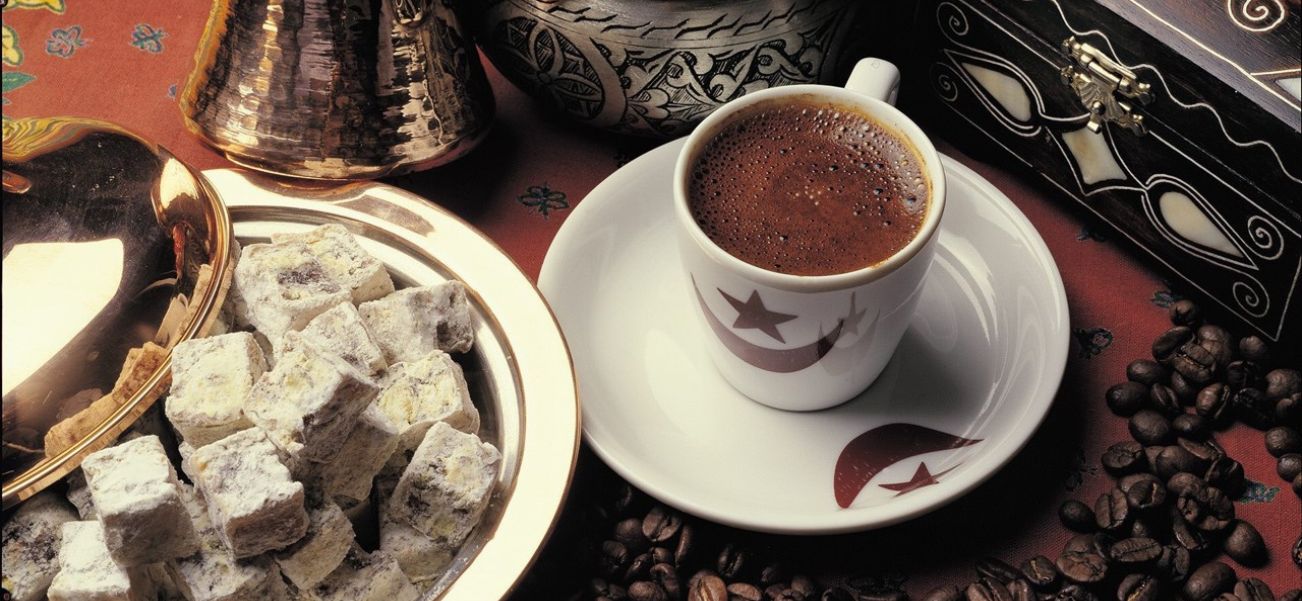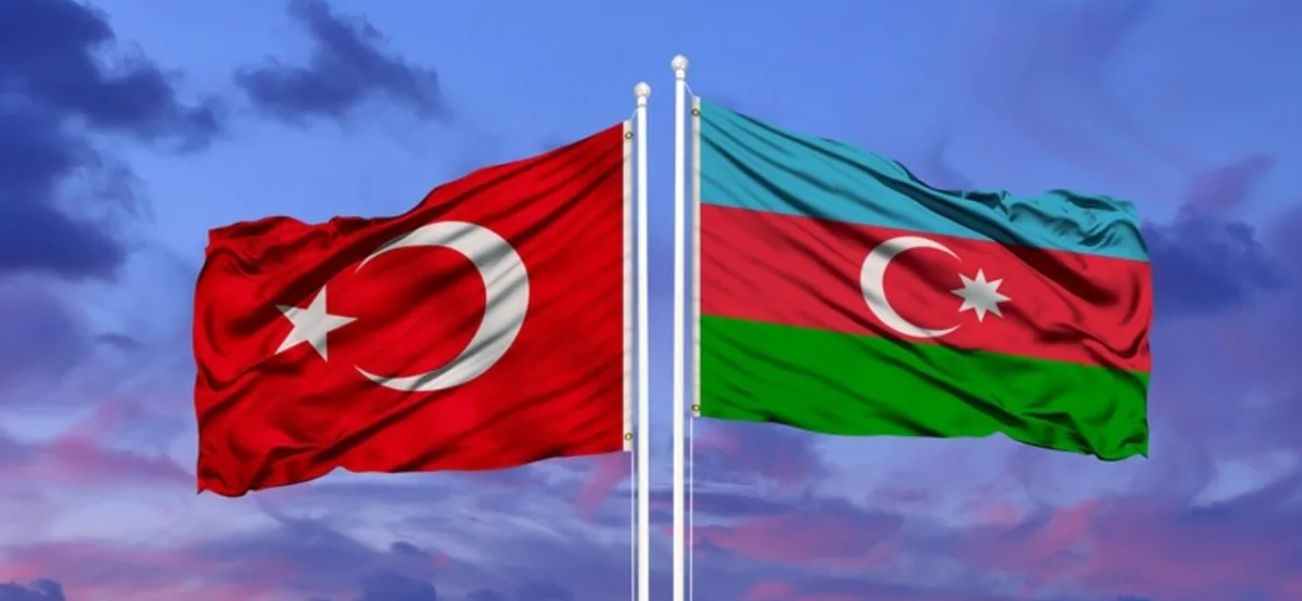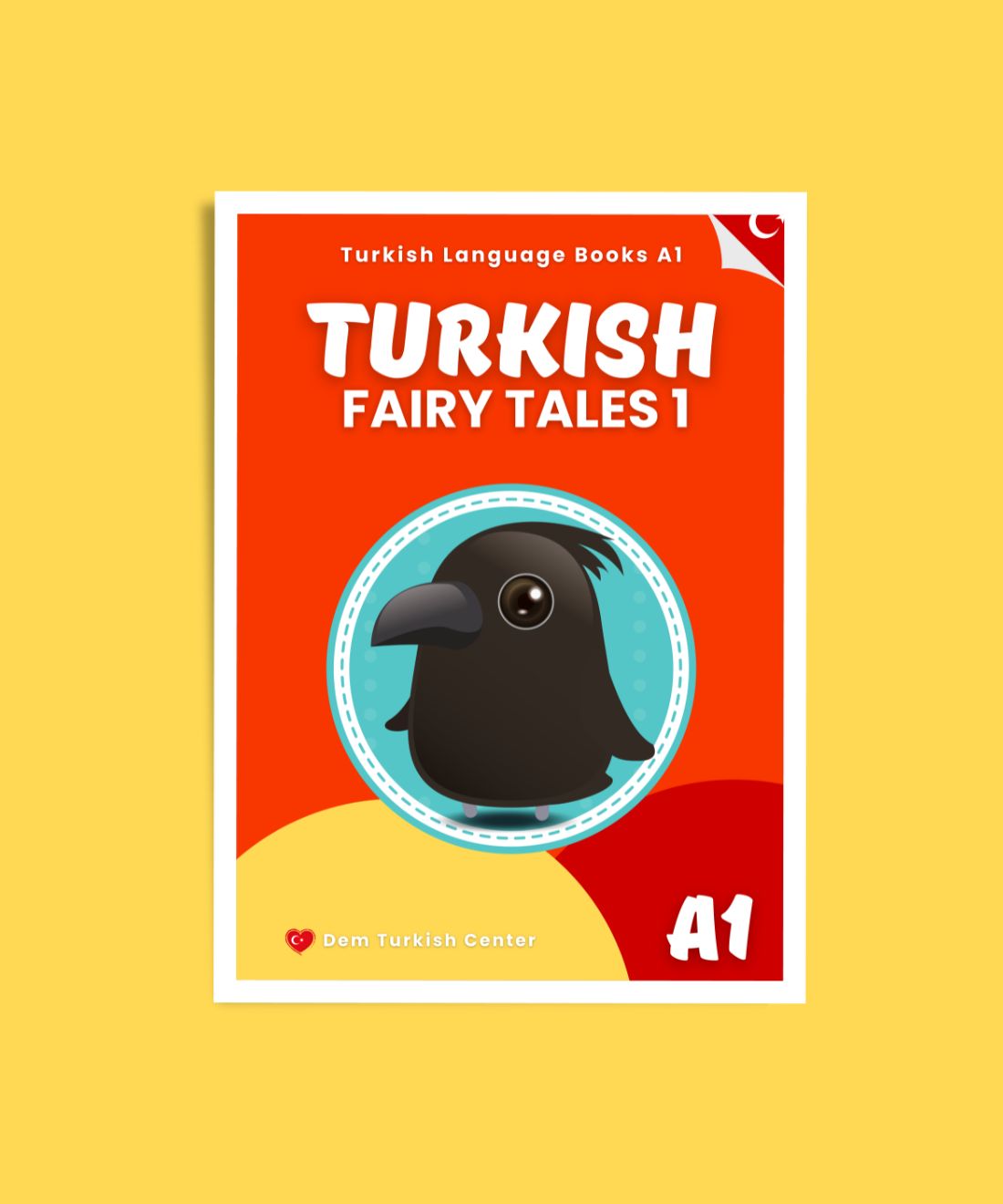
10 Historical Facts To Help You Understand Turkish Culture
Understanding Turkish culture requires exploring its rich history, traditions, and social influences.
HISTORICAL FACTS ABOUT TURKISH CULTURE
Here are key historical facts that can help provide deeper insight into the cultural fabric of Turkey.
1. The Rise of the Ottoman Empire
Founding (1299)
The Ottoman Empire was founded by Osman I in the late 13th century. Over the next 600 years, the Ottomans created one of the largest empires in history, spanning Southeast Europe, Western Asia, and North Africa.
Cultural Blend
The empire brought together Islamic, Christian, and Jewish cultures, which significantly influenced the Turkish language, architecture, arts, and music.
End of the Empire (1922)
The dissolution of the Ottoman Empire after World War I and the subsequent establishment of the Republic of Turkey in 1923 marked the end of this era, shaping modern Turkish identity.
2. Atatürk and the Founding of the Republic (1923)
Mustafa Kemal Atatürk
After the fall of the Ottoman Empire, Atatürk implemented sweeping reforms to modernize Turkey.
These included secularization, education reform, the Latin alphabet adoption (replacing the Arabic script), and the establishment of a national identity.
Language Reform
Atatürk’s reforms also aimed to purify the Turkish language, removing many Arabic and Persian words.
This led to the Turkish Language Association and efforts to create a language that was more accessible to the people, with a focus on simplifying grammar and vocabulary.
Turkish Language History: A Guide For Curious Language Learners
3. Turkish Folk Traditions and Music
Folk Music and Dance
Traditional Turkish music is deeply influenced by the diverse cultures within the Ottoman Empire.
Turkish folk music is known for its use of instruments like the bağlama or saz (a stringed instrument, zurna (a wind instrument), and darbuka (a drum).
Whirling Dervishes
A mystical aspect of Turkish culture, particularly in the Mevlevi Order (Sufism), involves the mesmerizing practice of the whirling dervishes.
This spiritual dance symbolizes the soul’s journey towards God and is a unique part of Turkish religious and cultural history.
4. Culinary Heritage
Ottoman Influence
Turkish cuisine is largely based on the culinary traditions of the Ottoman Empire, combining Middle Eastern, Balkan, and Central Asian influences.
Key ingredients like yoghurt, eggplant, and lamb are staples in many dishes.
Famous Dishes
Dishes like kebabs, baklava, mezes, and pide (Turkish pizza) are internationally recognized.
The drinking of Turkish tea and coffee also has deep cultural significance.
100 Iconic Turkish Dishes in Turkey
5. Religious Influence
Islam
The majority of Turkey’s population is Muslim, and the country’s cultural and daily life is deeply intertwined with Islamic traditions.
However, the Republic of Turkey maintains a secular state which contrasts with many other predominantly Muslim countries.
Religious Sites
The Blue Mosque (Sultan Ahmed Mosque) and Hagia Sophia (which has served as both a church and a mosque, now a museum) are key examples of how religion and architecture intersect in Turkish culture.
6. Architectural Landmarks
Ottoman Architecture
Ottoman architecture, exemplified by grand mosques and palaces such as the Topkapi Palace in Istanbul and the Süleymaniye Mosque, features large domes, intricate tile work, and expansive courtyards, reflecting the empire’s power and wealth.
Seljuk Influence
The Seljuks, a Turkish dynasty before the Ottomans, also left a lasting impact on Turkish architecture, especially with medieval mosques and caravanserais (roadside inns).
100 Cool Things & Places in Turkey
7. The Turkish Coffee Tradition
UNESCO Intangible Cultural Heritage
Turkish coffee is not just a drink; it is a social event and ritual. It is recognized by UNESCO as an intangible cultural heritage, symbolizing hospitality, community, and cultural dialogue.
The preparation and serving of Turkish coffee are ceremonial, and its distinctive strong, thick brew is often paired with a fortune-telling ritual using the coffee grounds.
8. The Role of Family and Hospitality
Family Structure
In Turkish culture, family is the cornerstone of social life. Respect for elders, close-knit family bonds, and multi-generational households are common.
Hospitality
The Turkish are famous for their hospitality. It’s common to invite guests into one’s home for tea or a meal. Refusing offers of food or drink is often considered impolite.
Turkish Vocabulary: Family Members in Turkish
9. National Holidays and Festivals
Republic Day (October 29th)
Commemorating the establishment of the Republic of Turkey in 1923, this national holiday is marked by ceremonies, parades, and official events celebrating Atatürk’s legacy.
Ramadan and Eid
As in many Muslim-majority countries, Ramadan (the month of fasting) and the two Eid festivals are important cultural and religious celebrations in Turkey.
10. The Influence of the Silk Road
Geography and Trade
Turkey’s location has historically placed it at the crossroads of East and West.
During the time of the Silk Road, Turkish regions served as a key bridge for trade between Asia, Europe, and Africa.
This led to a cultural exchange that deeply impacted art, literature, and trade practices in Turkey.
These historical elements, ranging from the legacy of the Ottoman Empire to the secular reforms of Atatürk, alongside rich cultural practices, shape Turkish society today. Understanding these aspects will offer you a deeper appreciation of both modern and traditional Turkish culture.














